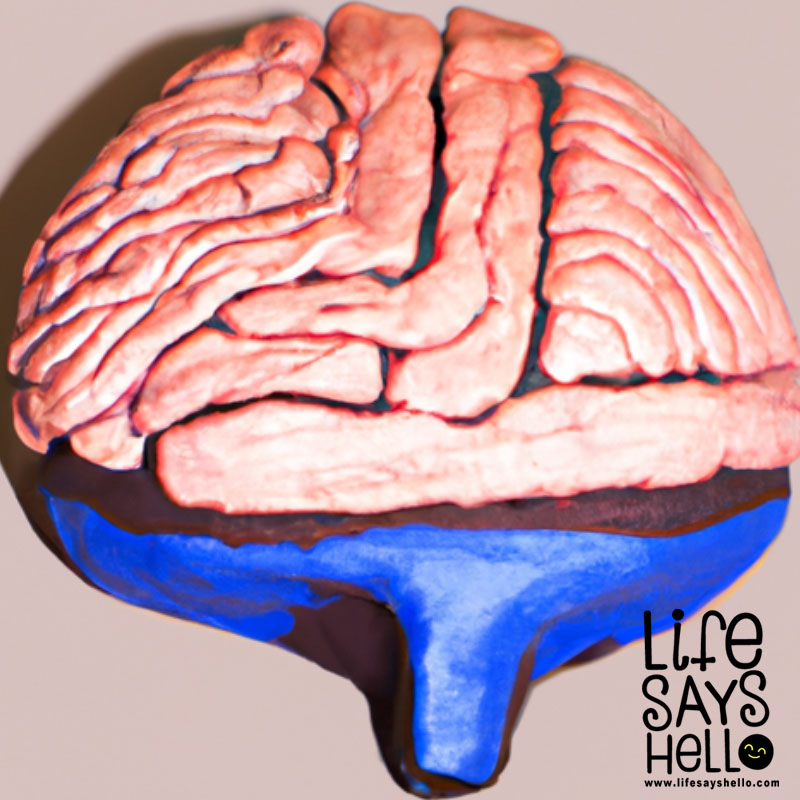Breaking Free: The Science Behind Rewiring Your Brain from Addiction and the Time It Takes

Are you struggling with addiction and wondering how long it will take to break free from its grip? Rewiring your brain from addiction is a complex process, but understanding the science behind it and the time it takes can help you embark on the journey to recovery with realistic expectations and a renewed sense of hope.
Addiction is a complex and challenging issue that affects millions of people worldwide. Whether it's substance abuse, gambling, or other harmful behaviors, overcoming addiction is a daunting task that requires patience, perseverance, and support. One crucial aspect of recovery is understanding how long it takes to rewire your brain from addiction and the science behind this process.
In this article, we'll explore the concept of addiction, how it affects the brain, and the factors that influence the time it takes to rewire your brain. We'll also discuss the steps you can take to facilitate this rewiring process and set realistic expectations for your recovery journey.
Understanding Addiction and the Brain
Before diving into the rewiring process, it's essential to understand the role the brain plays in addiction. The brain is a complex organ responsible for regulating our thoughts, emotions, and behaviors. Unfortunately, addiction can hijack the brain's reward system, making it difficult to break free from harmful habits.
The Brain's Role in Addiction
The brain's reward system is designed to reinforce behaviors that are essential for survival, such as eating and socializing. When we engage in these activities, our brain releases dopamine, a neurotransmitter that creates a pleasurable sensation. However, addictive substances and behaviors can cause an unnatural surge of dopamine, leading to a powerful and addictive "high."
Over time, the brain adapts to these excessive dopamine levels by reducing the number of receptors or producing less dopamine. This adaptation causes a decreased sensitivity to pleasure, driving individuals to seek more of the addictive substance or behavior to achieve the same high. This vicious cycle can lead to addiction, as the brain becomes increasingly reliant on the addictive substance or behavior to feel pleasure.
Neuroplasticity: The Key to Rewiring the Brain
Fortunately, the brain is an incredibly adaptable organ, capable of changing and rewiring itself throughout our lives. This ability, known as neuroplasticity, is the key to overcoming addiction and rewiring the brain. By engaging in new, healthy behaviors and thought patterns, we can create new neural pathways and weaken the old ones associated with addiction. This process allows us to break free from the grip of addiction and develop healthier habits.
Factors That Influence the Time It Takes to Rewire the Brain
The time it takes to rewire your brain from addiction can vary significantly from person to person. Several factors influence this process, including:
Severity and Duration of the Addiction
The longer and more severe the addiction, the more significant the changes to the brain's reward system. As a result, it may take longer to rewire the brain and restore its natural balance.
Individual Differences in Brain Chemistry and Structure
Each person's brain is unique, with different levels of neurotransmitters and varying neural pathways. These individual differences can affect the time it takes to rewire the brain from addiction.
Support Systems and Environmental Factors
A strong support system and a stable, nurturing environment can significantly impact the rewiring process. Access to therapy, support groups, and a healthy lifestyle can help facilitate the creation of new neural pathways and speed up recovery.
The Type of Addiction
Different types of addiction can have varying effects on the brain. For example, substance abuse may cause more significant changes to the brain's reward system than behavioral addictions like gambling. The time it takes to rewire the brain may also depend on the specific substance or behavior involved.
Steps to Rewire the Brain from Addiction
While the time it takes to rewire the brain from addiction can vary, there are several steps that can help facilitate this process:
Detoxification and Withdrawal: The first step in rewiring the brain is to stop engaging in the addictive behavior or substance. This process often involves detoxification and withdrawal, which can be challenging and uncomfortable. However, it's essential to rid the body of the addictive substance and allow the brain to begin the healing process.
Cognitive-Behavioral Therapy (CBT): CBT is a type of therapy that can help individuals identify and change negative thought patterns and behaviors associated with addiction. By learning new coping strategies and developing healthier habits, individuals can create new neural pathways in the brain and weaken the old ones tied to addiction.
Mindfulness and Meditation Techniques: Practicing mindfulness and meditation can help increase self-awareness and promote relaxation, making it easier to resist cravings and manage stress. These techniques can also help strengthen the brain's prefrontal cortex, which plays a crucial role in impulse control and decision-making.
Developing Healthy Habits and Coping Mechanisms: Replacing addictive behaviors with healthy habits, such as exercise, healthy eating, and engaging in hobbies, can help create new neural pathways and reinforce the brain's natural reward system. Developing effective coping mechanisms for stress and negative emotions can also help prevent relapse.
Ongoing Support and Maintenance: Recovery is a lifelong process, and maintaining a strong support system through therapy, support groups, and a healthy lifestyle is crucial for long-term success. Regular check-ins and ongoing self-reflection can help individuals stay on track and continue to reinforce the new neural pathways they've developed.
Realistic Expectations for Recovery
When embarking on the journey to rewire your brain from addiction, it's essential to set realistic expectations and understand that recovery is a lifelong process. The time it takes to rewire the brain can vary, but patience and perseverance are crucial for success.
It's essential to celebrate small victories and progress along the way, even if the road to recovery seems long and challenging. Remember that every step you take towards rewiring your brain brings you closer to a healthier, happier life free from addiction.
Conclusion
Rewiring your brain from addiction is a complex and challenging process, but understanding the science behind it and the time it takes can help you embark on your journey to recovery with realistic expectations and a renewed sense of hope. By engaging in healthy behaviors, seeking support, and practicing patience, you can break free from addiction and reclaim your life.
Remember that you're not alone in this journey – countless resources and support systems are available to help you along the way. So take that first step towards rewiring your brain and embrace the possibility of a brighter, addiction-free future.




Comments